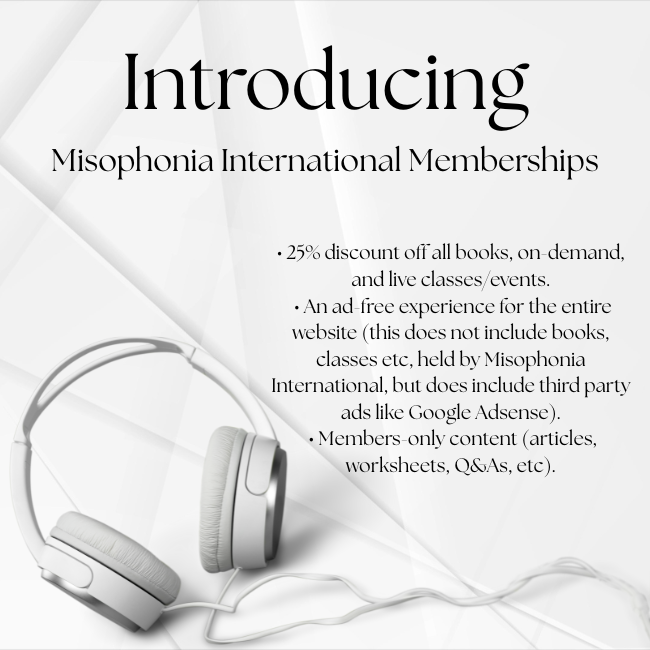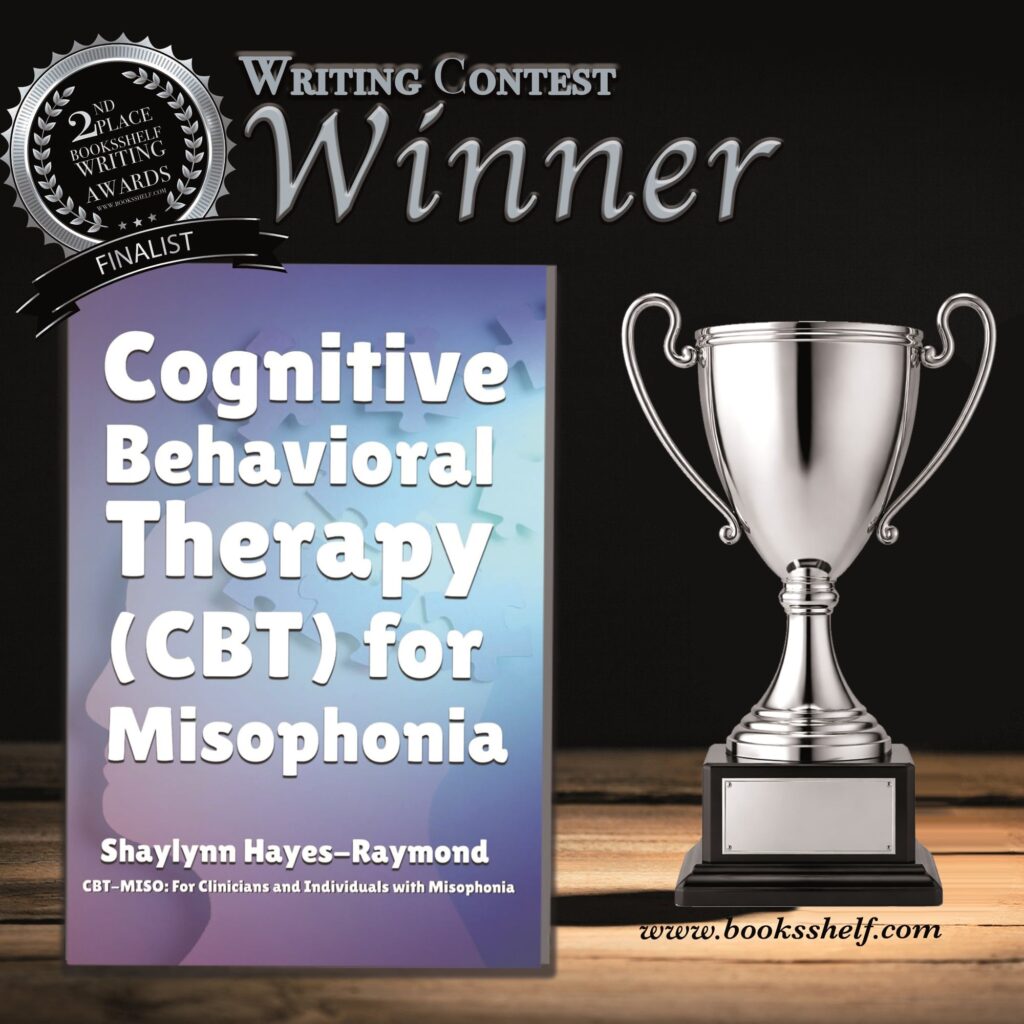
While speaking in confidence with me, many individuals with misophonia have expressed their horrific experiences with exposure therapy in research or clinical environments. Parents of children with misophonia have reached out with concerns that these practices seemed cruel and unreasonable when used on their children. So, why do practitioners, particularly those who cling to a CBT model, still continue to use this practice? Small-scale studies on misophonia are often used as a justification for CBT, and show, in non-replicable results that these studies “worked”. There is often no follow-up other than a brief survey seeing if the treatment worked immediately after.
What I propose is happening is that many people with misophonia might be reacting to these studies first with a placebo effect. For some with misophonia, before this ‘researcher’ or ‘clinician’ has attempted to treat their misophonia, they may have never been validated as having a real condition. As I wrote years ago, false hope is a powerful motivation for many in these studies. As I have done surveys/research that has not been published yet (but will be within the next year), many sufferers of misophonia not the following cognitive dissonance: a) their misophonia was NOT treated by the intervention of exposure therapy (or even CBT), and b) they did not tell the practitioner this did not work, and there was no follow-up asking them to do so at intervals. These persons often tell me that they were grateful for the help, and report strong feelings of positive regard for practitioners, whilst also believing that the treatment was either not beneficial, or in some cases, even made them feel worse.
Here are the results of our poll answered by around 300 persons:

As I have repeated for YEARS – if exposure therapy worked we would all be cured. There is not a day on earth where persons with misophonia are not triggered. These sounds are everyday, persistent sounds which we are never able to escape. We are not simply AFRAID of these sounds—it is not a cognitive based fear. For example, I will wake up from a DEAD SLEEP if there is a trigger present. This is not a manifested or LEARNED response. We are feeling these sounds at a much deeper brain level, which has been proven in FAR BETTER RESEARCH than what has been presented by any CBT therapist. And I mean that.
Please read the work of Kumar: https://pubmed.ncbi.nlm.nih.gov/28162895/
I have absolutely no idea why so many practitioners are so obsessed with the idea of exposure therapy. What kind of cruel monster do you have to be? Or, are they simply obsessed with having a way to bill and make money? I have no idea what the end goal is. Is it ego? Greed? Stupidity? Enough is enough.
Imagine being so arrogant that you ignore the voices of those with the disorder telling you something does not work. I have yet to meet an actual person with misophonia (researcher, clinician, general public), who will say exposure therapy works. Why not? Because it DOESN’T. How often do I have to tell practitioners to stop doing exposure therapy? At this point it feels like for the rest of my life.
As a side-note, not all CBT is misophonia, and CBT can be helpful in many ways in our lives. That is completely different than exposure therapy, which is absolutely not the answer to misophonia.
Clinicians and researchers of those with misophonia must be weary and aware of their very real power imbalance in these studies. Many persons with misophonia have been ignored, mistreated, or simply told that their disorder does not exist. The mere presence of a clinician telling them that misophonia is real, is in-itself a powerful motivator to not tell the clinician that they were not helped. Often, I have been told by persons with misophonia that they believed the treatment would work on another person, but felt they were just “too crazy” or “too broken to be fixed”. I have also been told that these participants felt like they did not want to let down or make their clinician/researcher who tried so hard to help them feel bad, so they said that it worked to spare their feelings. This, of course, is something that the clinicians should have been aware of, and worked to keep out of their studies. And yet, this phenomenon persists, and the research is tainted by its very design.
If misophonia could be treated by exposure therapy, every single blog, advocate, and person with misophonia would be crying with relief and screaming from the rooftops. As a clinician, advocate, and person with misophonia, I will tell you that there is absolutely no accounts that I can see of a person with misophonia who has, in-fact, been “cured” by exposure therapy. There are, however, (and sadly), hundreds who have told me that exposure therapy caused them PTSD and ruined their lives.
Please. Stop. Using. Exposure. Therapy.








